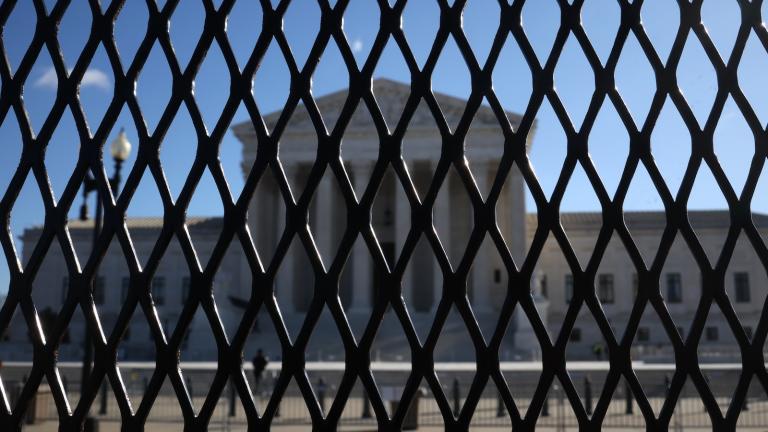
President George Bush will announce this afternoon that he is lifting the executive ban on offshore drilling that has been in place since his father, George H.W. Bush, signed an executive order as president in 1990.
The move is mostly symbolic, however. Unless Congress repeals its long-standing ban on offshore drilling, nothing will change.
The executive order Bush intends to repeal bans oil companies from exploratory drilling in the Outer Continental Shelf. Last month, Bush called on Congress to first lift its ban, which has been in place since 1981.
At a press conference this morning, White House Press Secretary Dana Perino said Bush doesn’t want to wait for Congress any longer, and accused the Democratic majority of not acting on rising oil prices by lifting the moratorium.
“They haven’t even held a single hearing,” Perino said. “So we are going to move forward, and hopefully that will spur action by the Congress.”
This isn’t exactly true; Democrats in Congress have held several hearings on methods to reduce energy prices that don’t involve drilling in protected areas, like controlling market speculation, investing in alternative energy sources, and reducing vehicle miles traveled. The House has passed several bills on the matter, though the Senate has had much less success in pushing such legislation along.
Bush, GOP presidential candidate John McCain, and Republicans in Congress have touted drilling as the primary short-term solution to rising energy prices, despite the fact that opening offshore areas to production won’t actually lower oil or gasoline prices until about 2030 — if it does then. Even Guy Caruso, the Bush-appointed head of the Energy Information Administration, says that offshore drilling wouldn’t affect the price of gas very much.
And while some congressional Dems seem to be warming to drilling, the majority remain opposed to making new areas available while the 68 million already under lease haven’t been tapped out. They’ve also called upon Bush to open the Strategic Petroleum Reserve, and are pushing plans to invest more in renewables and improved efficiency.
As could be expected, the environmental community is none too pleased about Bush’s move.
“President Bush has once again ignored the wise precedent set by his father and taken reckless action that has neither hope of reducing gas prices nor concern for long-term consequences,” said League of Conservation Voters President Gene Karpinski in a statement. “With several short-term options to reduce gas prices, including opening the Strategic Petroleum Reserve and reining in speculators, it makes no sense for Bush and McCain to embrace an option that won’t work and will threaten the physical and economic well-being of millions of Americans.”


